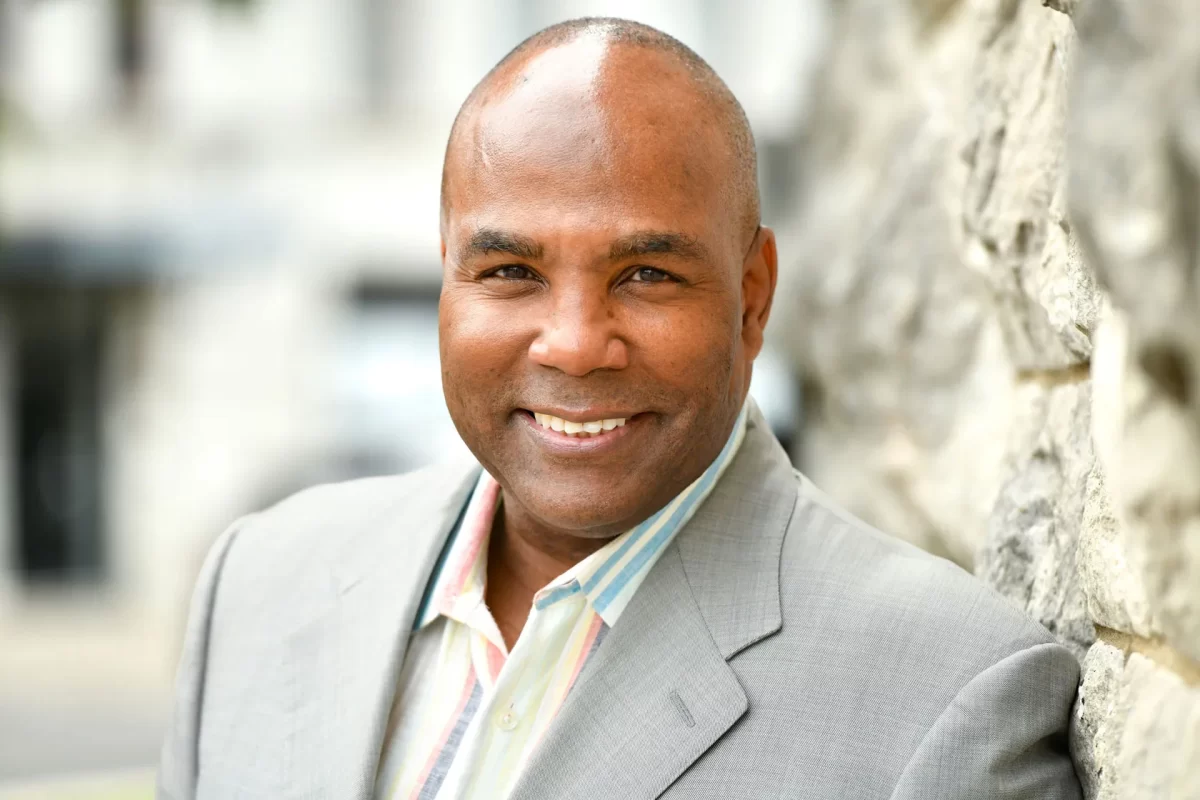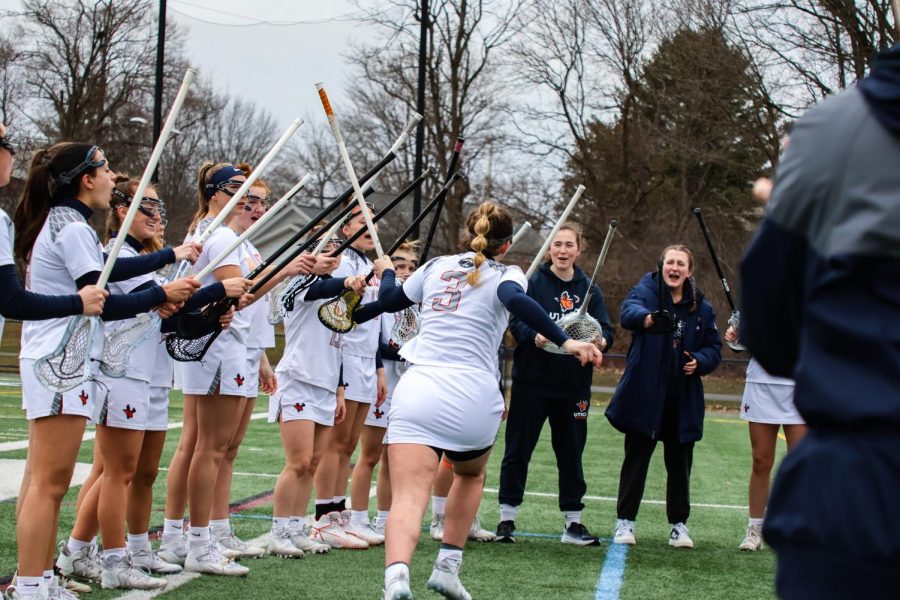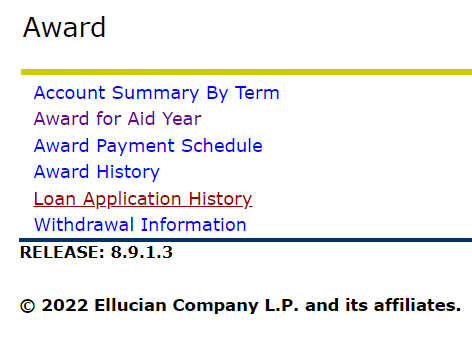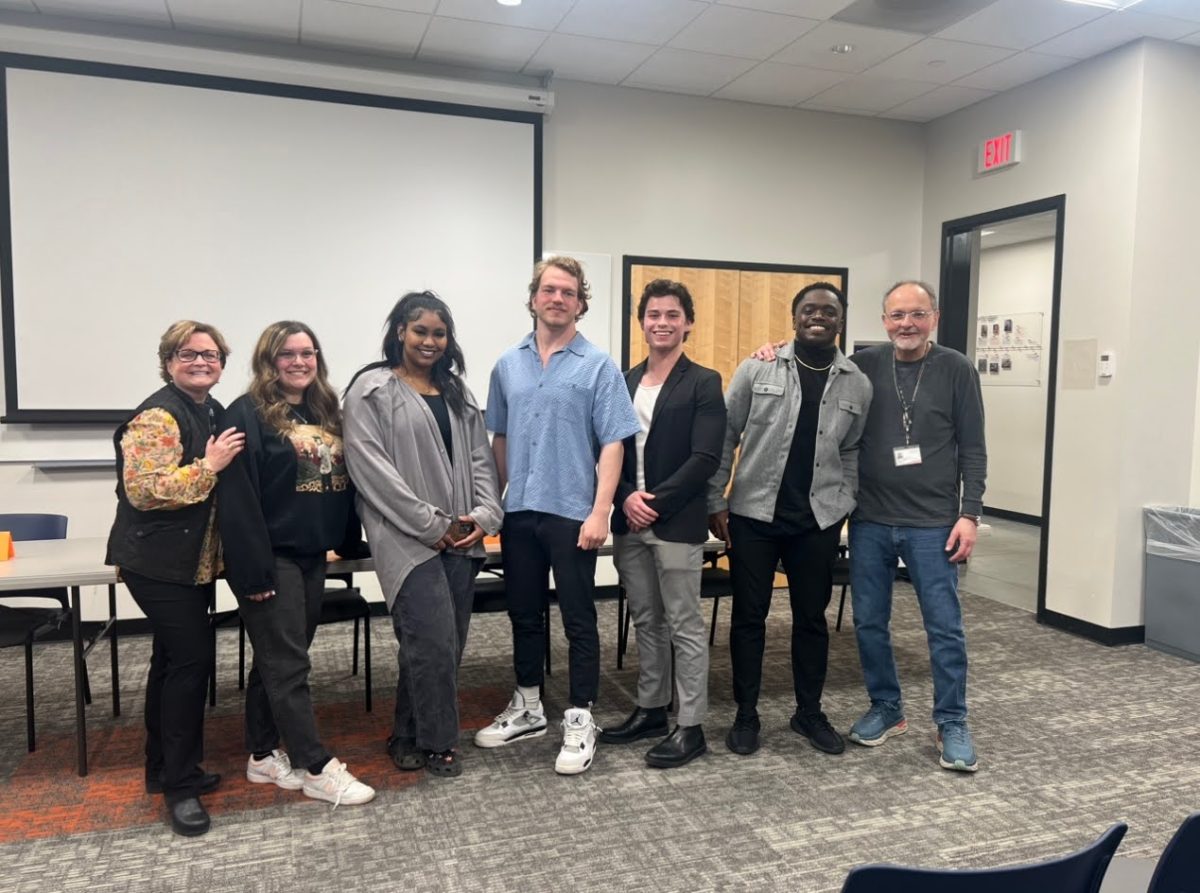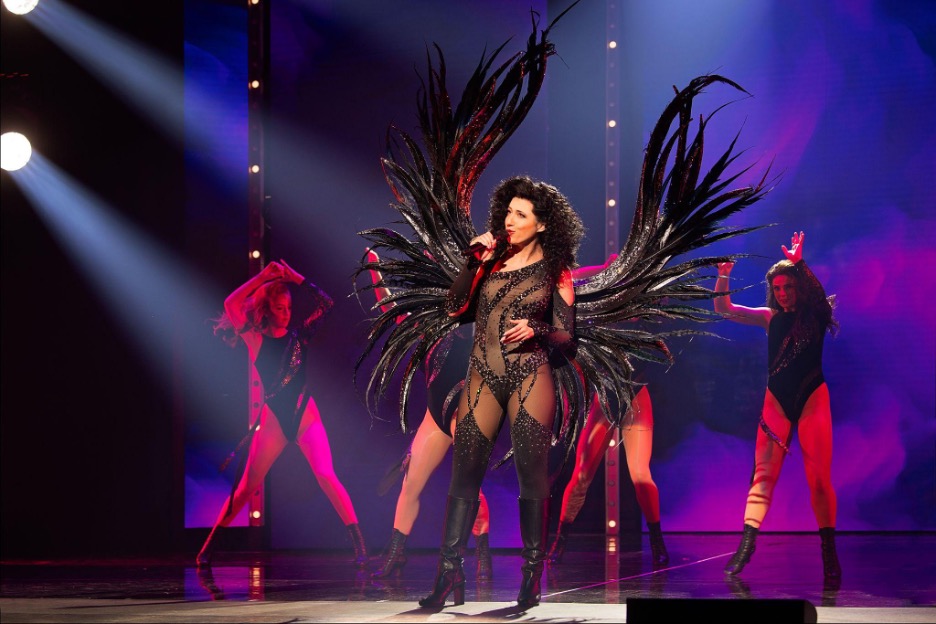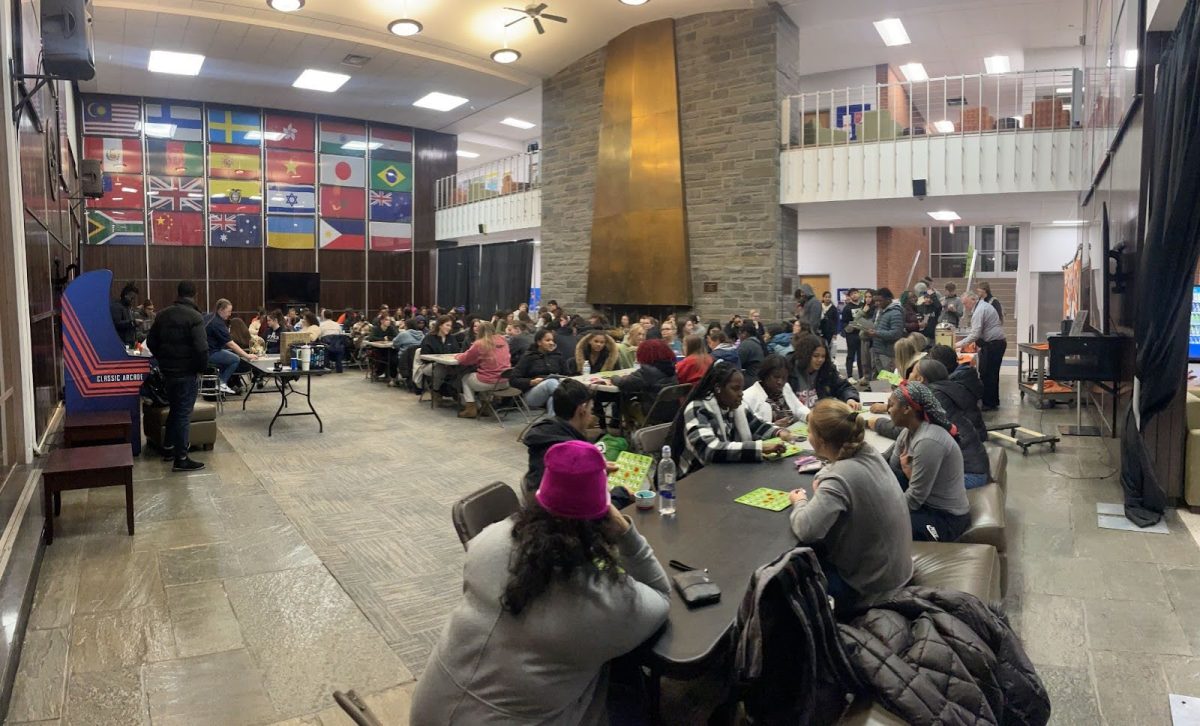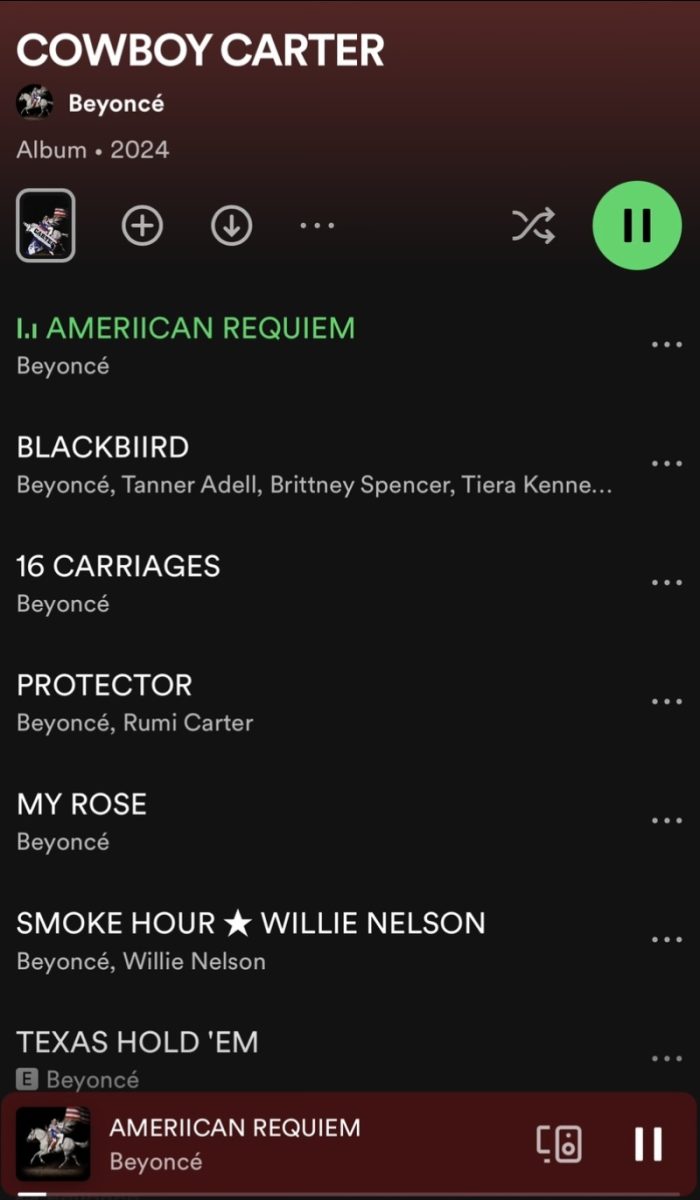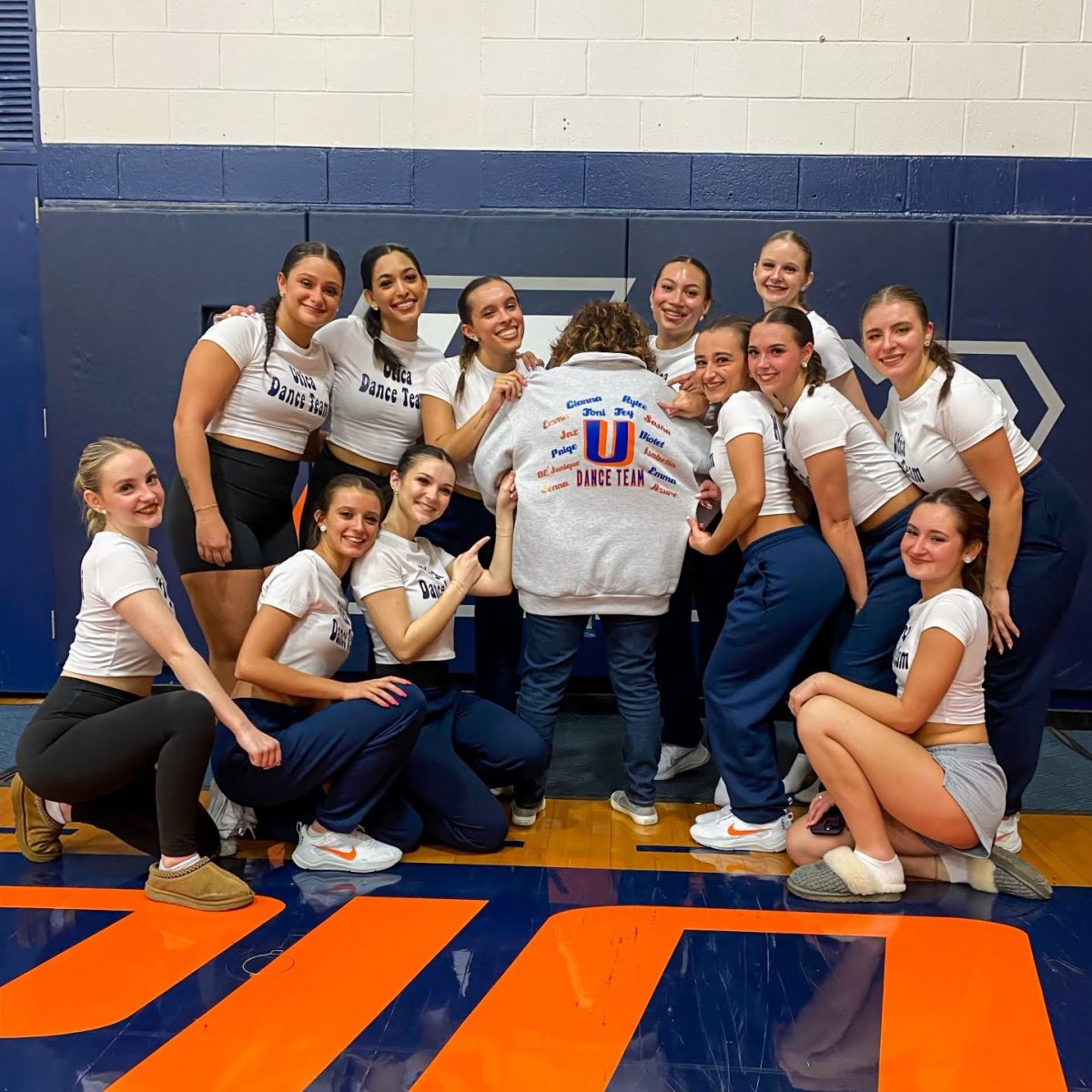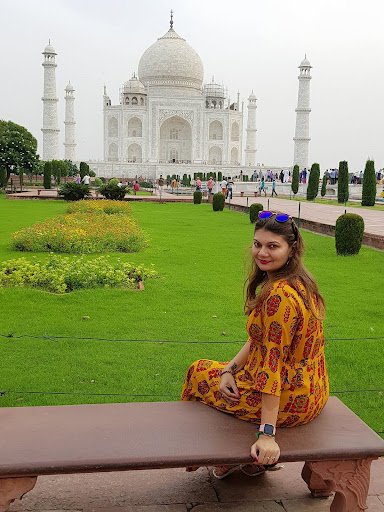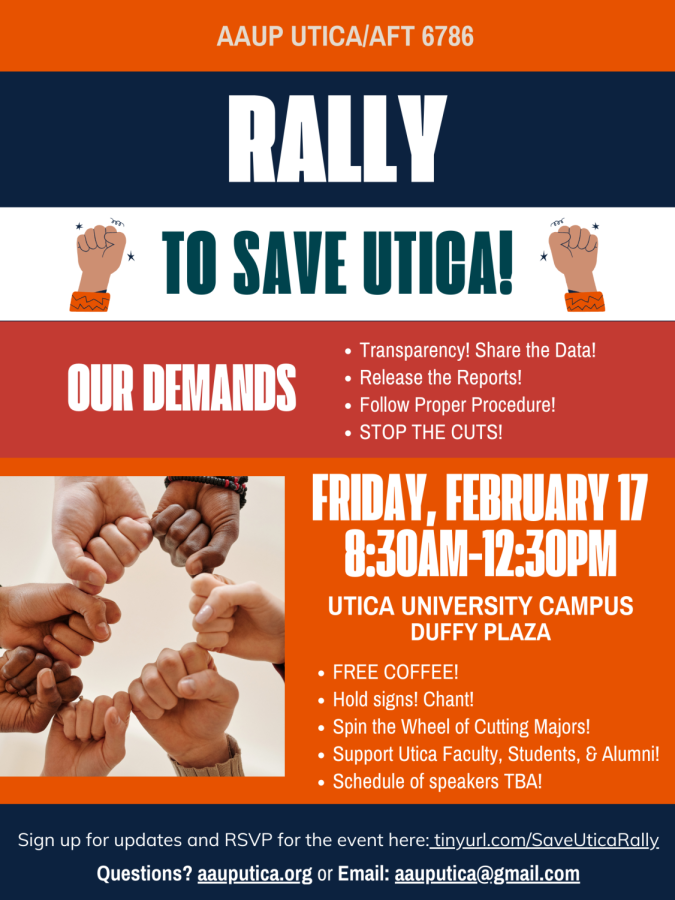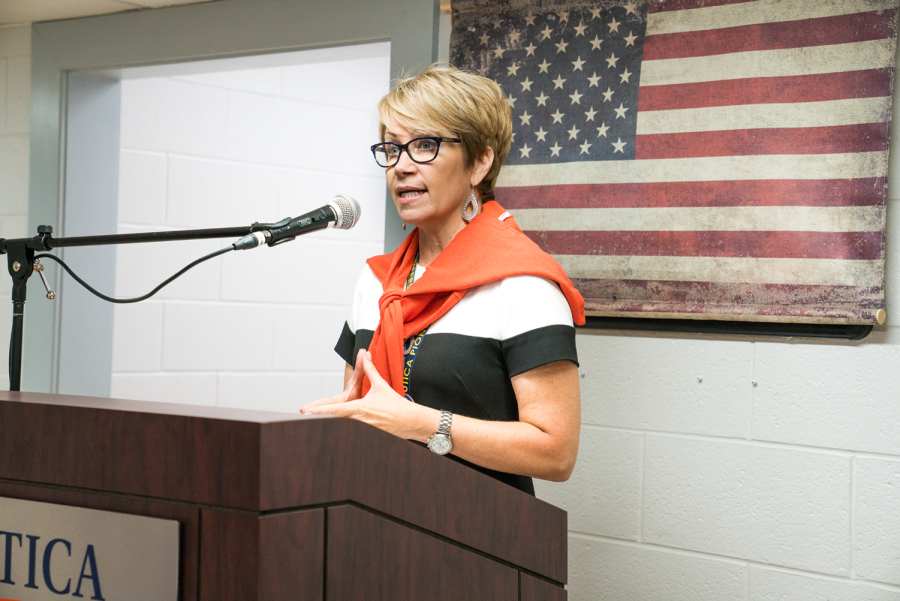Maria Montero Silva, Editor-in-Chief
The U.S. presidential elections are right around the corner and as the date approaches, the list of candidates, primarily Democrats, is also narrowing down. Still, the big number of diverse candidates is new in the history of American politics.
There are currently 10 people running for president, eight Democrats and two Republicans. The candidates who have dropped out, however, vary among the two parties with 20 Democratic withdrawals and two Republican.
So far, Bernie Sanders, Joe Biden, Elizabeth Warren and Pette Buttigieg are the leading Democratic candidates. The recent Iowa and New Hampshire results showed a close outcome between Buttigieg and Sanders whereas Elizabeth Warren and Joe Biden fell short.
The inability to finish in the top positions in the early stages of the presidential race raises red flags about a candidate’s strength in the race, said Luke Perry, professor of government and politics.
“Because they’re the first two, if you’re a presidential candidate and you don’t do well in the early races, you’re probably going to have to drop out,” he said. “We’ve already seen that with a couple of candidates and we see a couple of more candidates, like Joe Biden and Elizabeth Warren, who are kind of on the ropes.”
For Perry, The Democratic Party finds itself in an “existential crisis” not only to understand what happened and what went wrong in 2016 but also about who the most competitive candidate is in terms of beating Donald Trump in the election.
The way the two parties are addressing the presidential race is also strategically different, said Daniel Tagliarina, professor of government.
On one hand, he said, Republicans are for the most part trying to avoid any internal challenges as well as rallying behind their candidate who is in power right now.
Democrats are now experiencing internal divisions that the Republican Party faced in 2016, Tagliarina explained.
“Democrats are making it about who is best positioned to beat the incumbent and win back the presidency,” he said. “For Republicans, the narrative seems to be Trump has been successful and will continue to be. For Democrats the narrative seems to be that Trump has been bad for the country and he needs to be replaced.”
Issues of diversity also come into place, mainly among the Democratic pool of candidates. With more women and non-whites running, it is the most diverse pool of candidates in American politics. While Democrats are “significantly” more diverse than Republicans, according to a study by Pew Research Center, all leading candidates are white and mostly men.
Democrats nowadays have slightly moved away from moderate narratives that were more popular in the party’s past, Tagliarina explained. However, voters who turn up in primaries are “generally less moderate” compared to the general electorate.
“This suggests that the Democrats might pick a candidate that is more ideologically removed from the mainstream than one of the more centrist candidates,” he said.
Republicans and Democrats have one thing in common, he said, and it is making their opponents struggle.
“Politics, in this scenario, becomes more about making sure the other side does not win, and about starting out from a position of hate and distrust rather than one about what someone believes,” Tagliarina said. “In essence, the electorate is growing fractured and driven not by policies they want or think are good but by trying to make sure the other side suffers. That’s not good for politics, as it means compromise becomes harder to accomplish, and it’s not good for democracy, as it does not embrace the core ideas of legitimate opposition and equal moral worth.”
Candidates with limited to no political experience such as Pete Buttigieg, former mayor of South Bend, Indiana, and even technological entrepreneur Andrew Yang have gained popularity in the presidential run, raising questions about the importance of what the requirements are to be fit for office.
“The presidency is not and should not be an entry-level job,” Tagliarina said. “The power given to modern presidents and the demands placed on them are far too high for someone who needs to learn on the job.”
For sophomore Aaron Barsham, candidates with no political experience making it to the final stages of the presidential race show him that the political establishment “may be crumbling.”
“In part, that’s a good thing because it brings fresh ideas too often controlled pieces of government,” he said. “But it can also be bad, especially when the person does not know how to run a government.”
Healthcare and climate change have become two very discussed topics among the Democratic candidates and it is in part because of Sanders, Barsham said. Whether voters demand privatized or public healthcare, “it’s a value to them.”
While the Republican Party seems to be unified, he said, the Democratic Party is split as continue to look for their final candidate.
“I envision (the Democratic Party) to become more polarized,” Barsham said. “But I don’t think there’ll be more than two viable parties.”
For student Steve Dwyer, there is one key difference between the Democrats and the Republicans in terms of how they are addressing the presidential run and it is “unifying against Trump or unifying behind Trump.”
“Each candidate seems to agree on what issues to focus on but it seems none of them agree on the exact ways to solve them,” Dwyer said. “(Democrats) can’t even figure out why Trump won in 2016 and who or what is best in pursuing defeating POTUS in this upcoming election. In short, the Democrats need more structure.”
When it comes to political experience, Dwyer said that figuring out who is the candidate who is better qualified for office is the responsibility of the voters.
“It becomes an education issue,” he said. “People should know who they are voting for and the impact it will have on their lives and the country. I think political experience is oftentimes one of the most important qualities one would want in a candidate. However, I believe that one does not need an extensive political background in order to be successful as POTUS.”

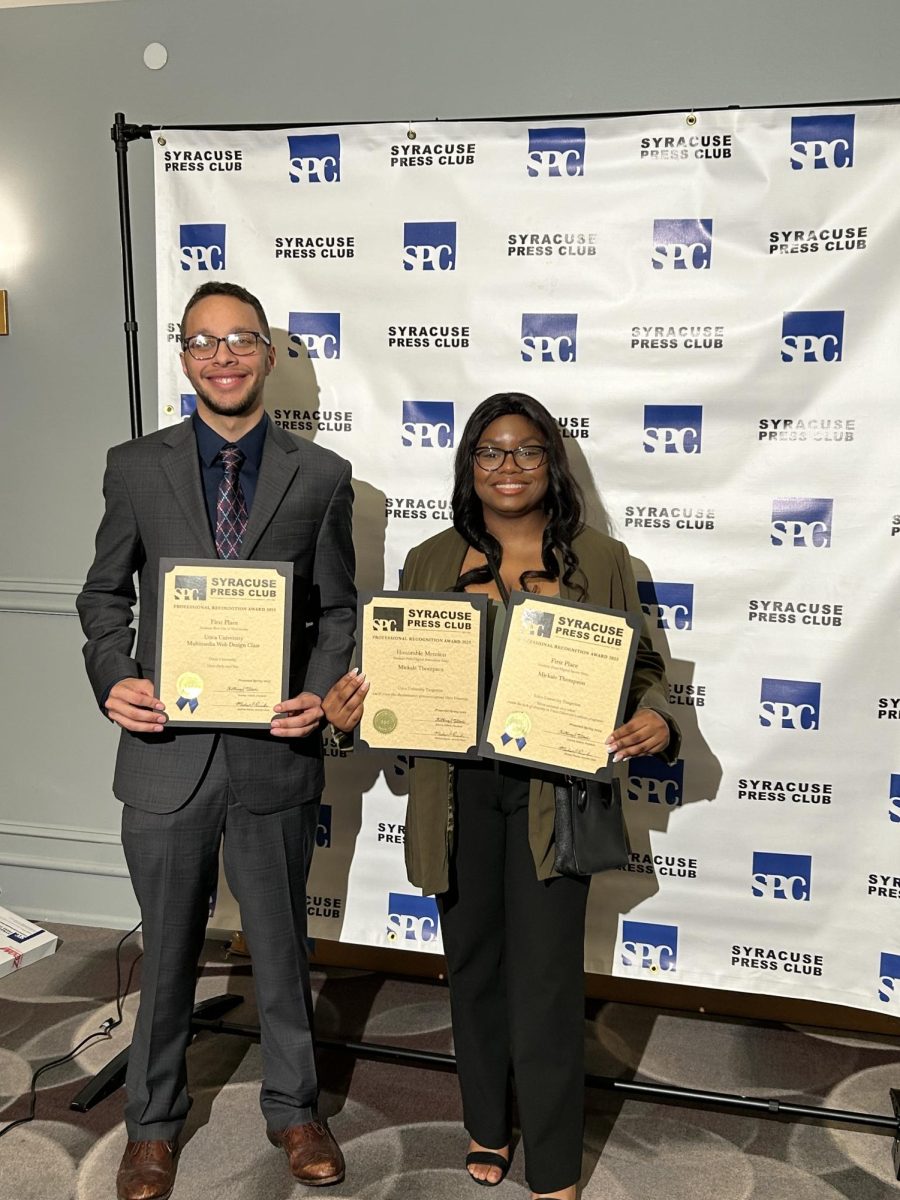
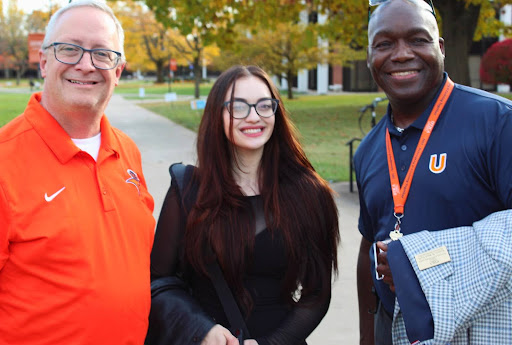















![President Todd Pfannestiel poses with Jeremy Thurston chairperson Board of Trustees [left] and former chairperson Robert Brvenik [right] after accepting the universitys institutional charter.](https://uticatangerine.com/wp-content/uploads/2023/10/unnamed.jpeg)




